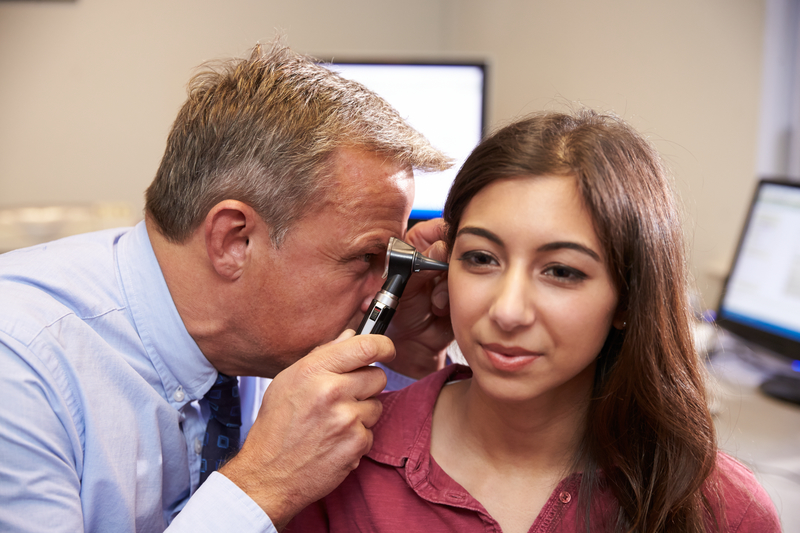10 Ways Motion Sickness Could Indicate Serious Health Problems
6. Diagnosis

Most people who experience motion sickness do not need to seek medical help as symptoms will go away on their own. However, individuals who experience chronic motion sickness or very severe cases that become progressively worse will need to seek treatment to detect a balance or nervous system problem. A doctor will ask about the symptoms and causes of motion sickness to determine its cause. A physical examination may be done to rule out problems with the inner ear.
5. Balance Disorders

Motion sickness can be an underlying indication of a balance disorder, which occurs when a person feels like they are unsteady, dizzy or moving even when they are standing still. Symptoms include dizziness, vertigo, the feeling of falling, lightheadedness, a floating sensation, blurred vision, confusion or disorientation, nausea, vomiting, diarrhea, fluctuations in heart rate and blood pressure, fear, panic and anxiety. Over time, depression and fatigue may occur as a result of a balance disorder.
